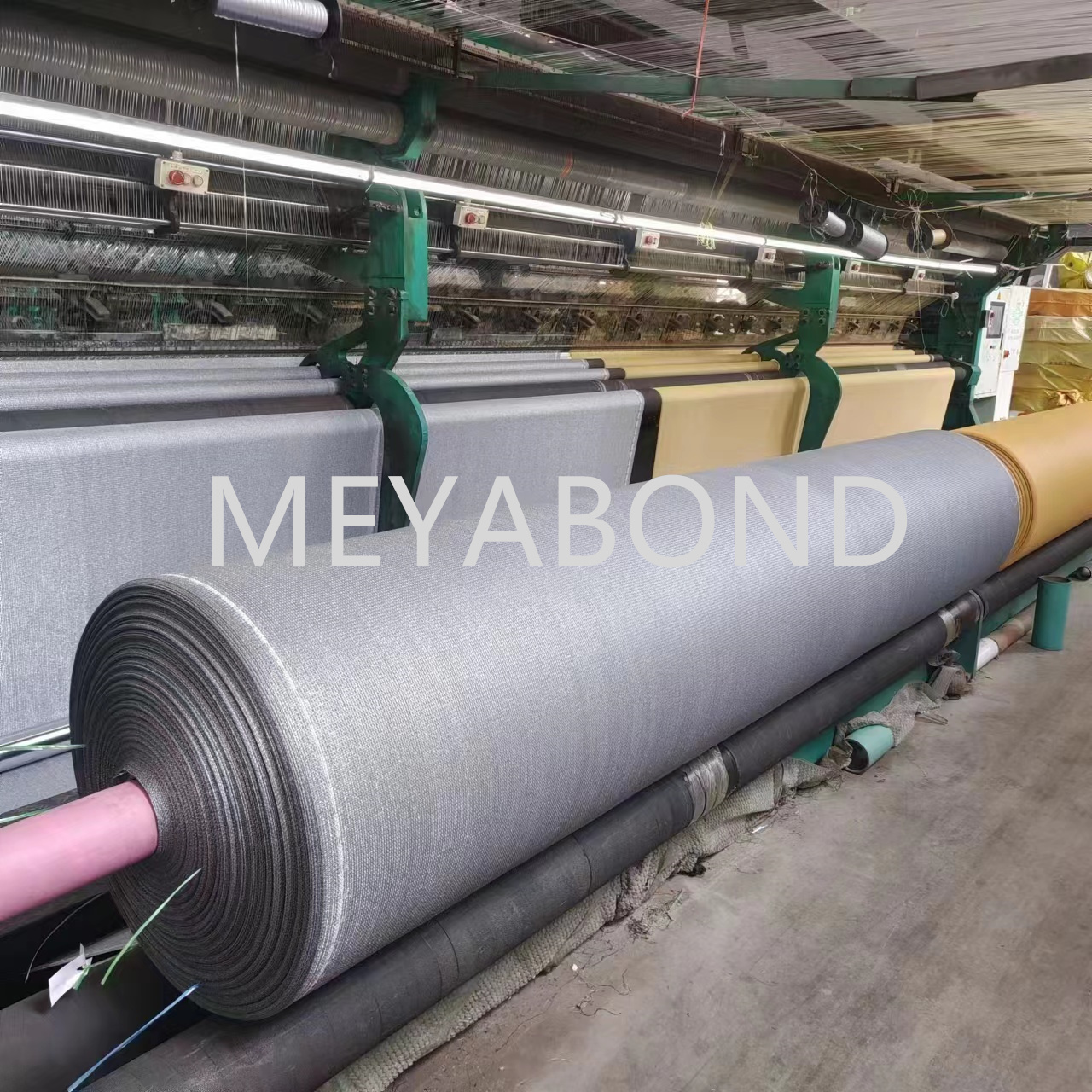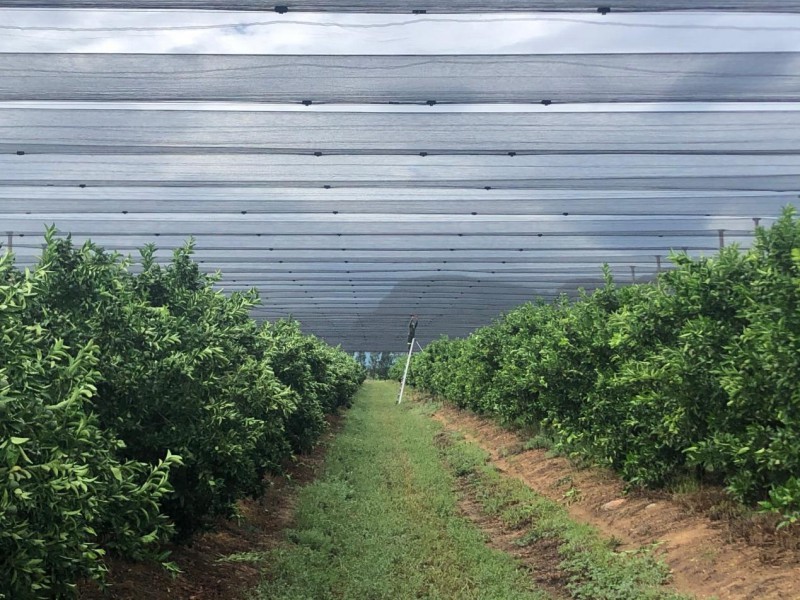Why Silo Bags Are Revolutionizing Agricultural Storage Solutions
Why Silo Bags Are Revolutionizing Agricultural Storage Solutions
Introduction to Silo Bags
Silo bags have emerged as a game-changer in the agricultural sector, providing a versatile and cost-effective solution for farmers facing challenges related to grain storage. Traditional storage methods, such as silos and bins, have served their purpose over the years, but the advent of silo bags has introduced a new dynamic, offering enhanced flexibility, efficiency, and protection for harvested crops.
The Rise of Silo Bags in Agriculture
In recent years, the agricultural landscape has undergone significant changes. As farmers strive to maximize their yield while minimizing costs, silo bags have gained popularity. These large, durable bags are designed to store various agricultural products, making them a preferred choice among modern farmers.
- **Flexibility**: Silo bags can be deployed in various locations, allowing farmers to store their grains closer to the field. This flexibility is particularly beneficial during the harvest season when time is of the essence.
- **Cost-Effectiveness**: Compared to traditional storage solutions, silo bags require a lower initial investment. This affordability has enabled farmers with limited capital to optimize their storage capabilities.
- **Reduced Labor Costs**: The use of silo bags can significantly reduce the labor needed for grain handling and storage, streamlining operations and improving overall productivity.
Understanding How Silo Bags Work
Silo bags are made from high-density polyethylene (HDPE), which provides excellent protection against environmental factors. Their design allows for easy filling and emptying, making them a practical choice for farmers.
Key Features of Silo Bags
- **Durability**: Silo bags are designed to withstand harsh weather conditions, UV rays, and pests, ensuring the integrity of the stored grains.
- **Breathability**: The materials used in silo bags allow for gas exchange, which helps to minimize spoilage and maintain the quality of crops over time.
- **Size Variability**: Silo bags come in various sizes, accommodating different quantities of grain, which offers farmers the flexibility to choose bags that best fit their needs.
Benefits of Using Silo Bags
The numerous advantages of silo bags make them an attractive option for agricultural storage. Let's explore some of these benefits in more detail.
Enhanced Quality Preservation
One of the primary concerns for farmers is the preservation of grain quality. Silo bags offer an effective solution by providing a controlled environment that minimizes exposure to moisture, pests, and contaminants.
- **Moisture Control**: Silo bags help regulate moisture levels, which is crucial for preventing mold and spoilage. Properly stored grains maintain their nutritional value, leading to better market prices.
- **Pest Resistance**: The sealed environment of silo bags discourages pests from infesting stored grains, reducing losses and enhancing harvest quality.
Convenience and Accessibility
Silo bags are not only easy to set up and use, but they also provide convenient access to stored grains. Farmers can quickly fill and empty the bags, ensuring a seamless workflow during the busy harvest season.
- **Quick Setup**: Setting up silo bags is a straightforward process that requires minimal equipment. This ease of use allows farmers to focus more on fieldwork rather than storage logistics.
- **Accessibility**: With silo bags, farmers can store grains directly in the field, reducing transport time and costs. This close proximity to the source of the harvest streamlines operations and maximizes efficiency.
Environmental Benefits of Silo Bags
In addition to their economic advantages, silo bags contribute positively to environmental sustainability in agriculture.
Reduction in Carbon Footprint
Silo bags require significantly less energy to manufacture and transport compared to traditional storage solutions, contributing to a smaller carbon footprint for farmers.
- **Energy Efficiency**: The lightweight design of silo bags allows for easier transportation, reducing fuel consumption and emissions during deliveries.
- **Waste Minimization**: By extending the shelf life of grains and reducing spoilage, silo bags help minimize agricultural waste, aligning with eco-friendly practices.
Promoting Sustainable Practices
The use of silo bags supports sustainable agriculture by enhancing food security and enabling farmers to better manage their harvests. By providing a reliable storage solution, farmers can store excess grains and sell them when market prices are favorable.
Challenges and Considerations in Using Silo Bags
While silo bags offer numerous benefits, there are challenges and considerations that farmers should keep in mind.
Potential Risks and Precautions
- **Damage Risk**: Silo bags are susceptible to physical damage from sharp objects or heavy machinery, which could compromise their integrity. Farmers should ensure that the storage area is free from hazards.
- **Storage Conditions**: To maximize the effectiveness of silo bags, they should be stored in shaded areas to prevent overheating and UV damage.
Training and Knowledge Requirements
Farmers must educate themselves on the proper use and maintenance of silo bags to ensure optimal performance. This includes understanding filling techniques, monitoring humidity levels, and conducting regular inspections for potential damage.
Frequently Asked Questions (FAQs)
1. What are silo bags made of?
Silo bags are typically made from high-density polyethylene (HDPE), a durable and UV-resistant material that protects stored grains from environmental factors.
2. How long can grains be stored in silo bags?
Grains can typically be stored in silo bags for several months to a year, depending on the type of grain and storage conditions. Proper sealing and monitoring are essential for maximizing storage time.
3. Are silo bags reusable?
Silo bags are designed for single use, but with careful handling, they may be reused for short-term storage or for different types of products. However, it is essential to inspect them thoroughly for any signs of wear.
4. Can silo bags be used for all types of crops?
Yes, silo bags are versatile and can be used for various crops, including grains, legumes, and even some silage. However, it is crucial to ensure that the stored products are compatible with the bag's material.
5. What is the cost of silo bags compared to traditional storage solutions?
Silo bags are generally more cost-effective than traditional silos and bins due to their lower initial investment and maintenance costs. The affordability makes them an attractive option for farmers, especially those with limited resources.
Conclusion
Silo bags are revolutionizing agricultural storage solutions by providing a flexible, efficient, and cost-effective method for preserving the quality of harvested crops. As farmers continue to seek innovative ways to enhance their operations, the benefits of silo bags—ranging from improved grain quality to environmental sustainability—make them an indispensable asset in modern agriculture. By understanding their advantages and implementing best practices, farmers can harness the power of silo bags to optimize their storage capabilities and ultimately boost their productivity. As the agricultural landscape evolves, silo bags are well-positioned to play a pivotal role in shaping the future of grain storage solutions.
Key words:
Related News
CONTACT US
Email: sales8@meyabond.com
Tel: +8618911966213
No.3 Yard, ZhongHe Road, 100071,FengTai District, Beijing, China
Email: sales6@meyabond.com
Tel: +8618911963856
No.3 Yard, ZhongHe Road, 100071,FengTai District, Beijing, China
















